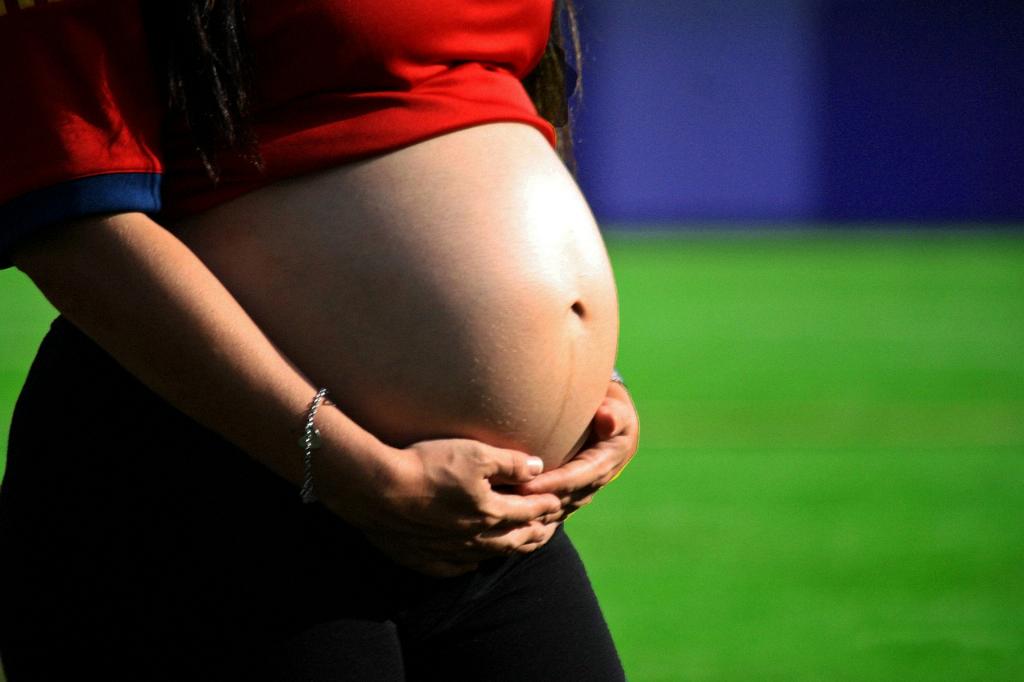When contemplating the idea of starting a family at 43, it’s crucial to take into account the biological factors that come into play. By this age, a woman’s egg supply is significantly diminished, making it more challenging to conceive naturally. The quality of eggs also decreases with age, leading to a higher likelihood of chromosomal abnormalities.
As women age, the risks associated with pregnancy also increase. Beyond the age of 35, the chances of experiencing complications during pregnancy, such as high blood pressure, gestational diabetes, and preeclampsia, rise. These risks continue to escalate in a woman’s 40s, posing potential health concerns for both the mother and the unborn child.
Another important aspect to consider is the heightened risk of miscarriage in women over 40. Miscarriage rates rise significantly as women enter their 40s, primarily due to chromosomal abnormalities in the eggs. This can be emotionally challenging for couples who are attempting to conceive at this age.
While advancements in reproductive technology, such as in vitro fertilization (IVF), have provided options for women seeking to conceive later in life, the success rates of these procedures tend to decline with age. The likelihood of a successful pregnancy through IVF decreases as a woman reaches her 40s, further complicating the decision to try for a baby at 43.
It’s essential for women considering pregnancy in their 40s to consult with a healthcare provider to assess individual health factors and potential risks. A thorough evaluation can help in understanding the specific challenges that may arise during pregnancy and childbirth at this age.
Emotional readiness is another critical aspect of starting a family at 43. Parenthood requires physical and emotional stamina, and the decision to have a child later in life should be a well-thought-out one. It’s important to consider whether you have the energy and support system necessary to raise a child in your 40s.
Financial considerations also play a significant role in the decision to have a baby at 43. Raising a child can be costly, and starting a family later in life may have implications for retirement planning and financial stability. It’s important to assess your financial situation and prepare for the expenses associated with raising a child.
Social support is another factor to consider when contemplating parenthood in your 40s. Having a strong network of family and friends can provide invaluable support during pregnancy and early parenthood. It’s essential to have a support system in place to help navigate the challenges of raising a child at an older age.
Medical advancements have provided new possibilities for women seeking to conceive later in life, but it’s essential to weigh the potential risks and challenges associated with pregnancy in your 40s. Each individual’s circumstances are unique, and it’s important to make an informed decision based on personal health, emotional readiness, financial stability, and social support.
Ultimately, the question of whether 43 is too old to try for a baby is a personal one that requires careful consideration of various factors. While age can impact fertility and pregnancy outcomes, many women in their 40s successfully conceive and have healthy pregnancies. It’s essential to have open discussions with healthcare providers, partners, and loved ones to make the best decision for you and your family.

